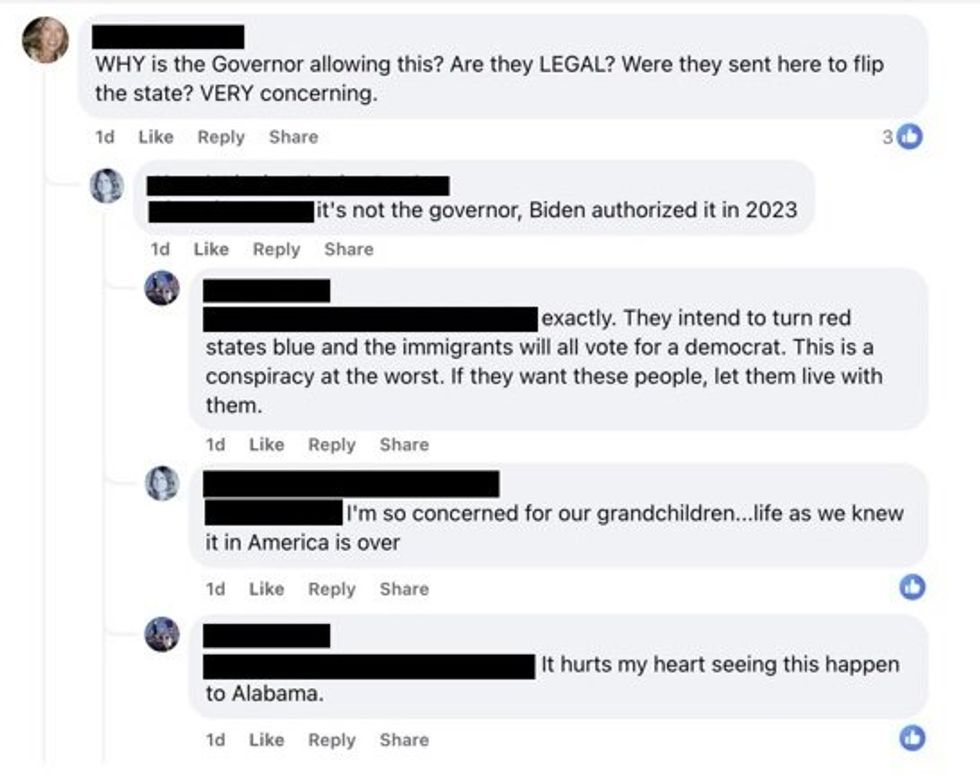‘Once the fighting gets intense, it's almost impossible to do peacebuilding’
Monday marks one year since the Hamas-led series of attacks on Israel and the beginning of Israel’s retaliatory war in Gaza, which has unfolded along with a rise in settler attacks in the occupied West Bank. The spiralling violence has spurred renewed calls for a two-state solution. FRANCE 24 spoke to John Marks, the founder of Search for Common Ground, an organisation that has worked on peacebuilding in the region for decades, to find out how future efforts might unfold.
Issued on: 07/10/2024 -

Search for Common Ground began working on the Israeli-Palestinian conflict in 1991. It brought together former officials from Israel, Arab countries, Iran and Turkey for a series of meetings in Rome which led to discussions between Israeli and Jordanian ex-generals in the months before Israel and Jordan signed a 1994 peace agreement
Marks is the author of three books and a former State Department employee who left his post after the US invaded Cambodia in 1970.
FRANCE 24 spoke to John Marks about his work on the Israeli-Palestinian conflict and elsewhere, and what he thinks it will take to make progress towards peace in the future.
FRANCE 24: What do you think successful peacebuilding efforts between Israel and the Palestinian Territories will look like in the future?
John Marks: Peacebuilding works much better before the violence starts. Once the fighting gets as intense as the kind of stuff that’s going on right now, it's almost impossible to do the kind of activities that I'm talking about.
FRANCE 24: One of the principles in your new book is to “make yesable propositions”. Several European countries have formally recognised a Palestinian state, and EU foreign policy chief Josep Borrell has said he wants to help bring about a two-state solution to the Israeli-Palestinian conflict. How do you see these third-party efforts on propositions that may not be “yesable” for the primary parties involved?
John Marks: My guess is official efforts from Europe at this point are probably not going to be so successful, and that the key to the outside third parties is the United States. And probably … the only way that the United States could have an influence now on Israel in a major way is to cut off weapons.
[That] would probably get the attention of the Israelis. They might be more inclined to … stop fighting in Gaza. Make peace in Lebanon. I don't know of anything else that would stop it right now.
FRANCE 24: Is there any peacebuilding work you see taking place in Israel and the Palestinian Territories that gives you hope?
John Marks: I don’t see any in the Israeli-Palestinian context. There's stuff going on, but it's overwhelmed by the armed violence. I felt my organisation made real progress in the [Democratic Republic of] Congo, in Burundi, in the Ivory Coast. But in Israel and Palestine, I don't see it.
FRANCE 24: What do you think makes Israel and the Palestinian Territories different than those places?
John Marks: I remember we had a film festival in Jerusalem where we showed a film that described the South African Truth and Reconciliation Commission. And I remember afterwards an Israeli saying to me, who was there, “that was wonderful, but we don't have the spirit of forgiveness here. We don't have that. That's not part of the culture.” I think that's one of the big problems they have. In South Africa, there was the spirit of Ubuntu: I am because you are. My existence comes from your existence. That was the underlying context of the Truth and Reconciliation Commission, and that I've never seen existing in the Middle East.
FRANCE 24: Could you describe the experiences you have had since founding Search for Common Ground in 1982 that most inform your perspective on what peacebuilding in Israel and the Palestinian Territories requires?
John Marks: I learned if you had good facilitation and you treated everybody as an equal, you kept the playing field level, that you could have conversations that went well beyond what seemed to be possible on the diplomatic level.
The sessions between Jordanian and Israeli [former] generals came out of those first meetings. We were able to bring those people together to face the problem, and the problem was how to have peace between their two countries, as opposed to how to react as enemies. And the formulations they came up with were sent almost immediately to the prime minister of Israel and the king of Jordan, and when the final treaty was negotiated, the work that our retired generals had done was at the base of it.
They got it about, the eventual [peace] treaty, 75% right. And what they were able to show was it was possible to have an agreement that was in the interest of both countries.
FRANCE 24: Did the participants in those meetings come from civil society, or were they government employees or elected officials?
John Marks: They were all civilians, but many of them were former officials. We had retired generals, we had retired ambassadors. My staff and myself had gone to the region and talked to high-level political leaders, I mean at the level of Arafat and the prime minister of Israel at the time, and we had asked them, “Who should we invite to these meetings?” If the results were interesting, [we wanted to know who] could report directly to them. We didn’t want officials because officials are bound by official positions. But we wanted people who, if we came up with any interesting ideas, could talk to the highest echelon in their country. And that was one way we got the right people in the room.
[A] human rights group had human rights activists from Israel and the Arab countries, and it was a little bit of everything. The overall project was called "The Initiative for Peace and Cooperation in the Middle East".
FRANCE 24: In “a letter from our founder” on Search for Common Ground’s website, you write that the organisation has “had our share of setbacks”, and that “we have worked for many years in the Middle East, and despite our best efforts, violence has soared”. Can you talk more about that?
John Marks: The overall vision of the organisation was peace in the Middle East. We never achieved that, in fact over the last 25 years that we’ve been working there it’s gotten worse. But we had projects that were successful. Like helping to get the peace treaty between Israel and Jordan. We set up something called the Middle East Consortium on Infectious Disease Surveillance, which brought together medical authorities from Israel, Palestine and Jordan, and the motto was “Microbes don’t stop at checkpoints”. And we were able to encourage cooperation across borders on medical issues like swine flu. We were always looking for ways that the sides could agree, or issues on which they could agree.
In 2005, I personally wrote and produced a four-part documentary series on how to resolve the [Israeli-Palestinian] conflict. It was shown on Israeli television, Palestinian television and Abu Dhabi television. We had both Hebrew and Arabic and an English version. It didn’t bring peace, which I suppose was my ultimate objective with it. But we showed how the problem could be solved. And in vivid form. And we did it as much as possible from the right-wing perspective … that was part of our strategy.
Daily newsletterReceive essential international news every morningSubscribe
FRANCE 24: Why is that the strategy you chose?
John Marks: Everybody knows that the left, the progressives, want to have peace. And the blockage tends to be more on the conservative side of the political spectrum. In every country. And so by moving as far to the right as we possibly could, and still getting something that was promoting peaceful solutions to the problem, we felt it was more likely that we would be heard and listened to.
One of the main people we interviewed was the former head of the settlers’ association in Israel. And he had mixed views but he was able to talk about what the conditions were for peace. And on the Palestinian side, we had a former political prisoner … and we felt he would have credibility in a way that a more moderate Palestinian wouldn’t. He was somebody who had been involved in armed violence against the Israeli politics and he served his time.
FRANCE 24: What do you think a win-win situation would look like for Israelis and Palestinians?
John Marks: A win-win would be a two-state solution.














